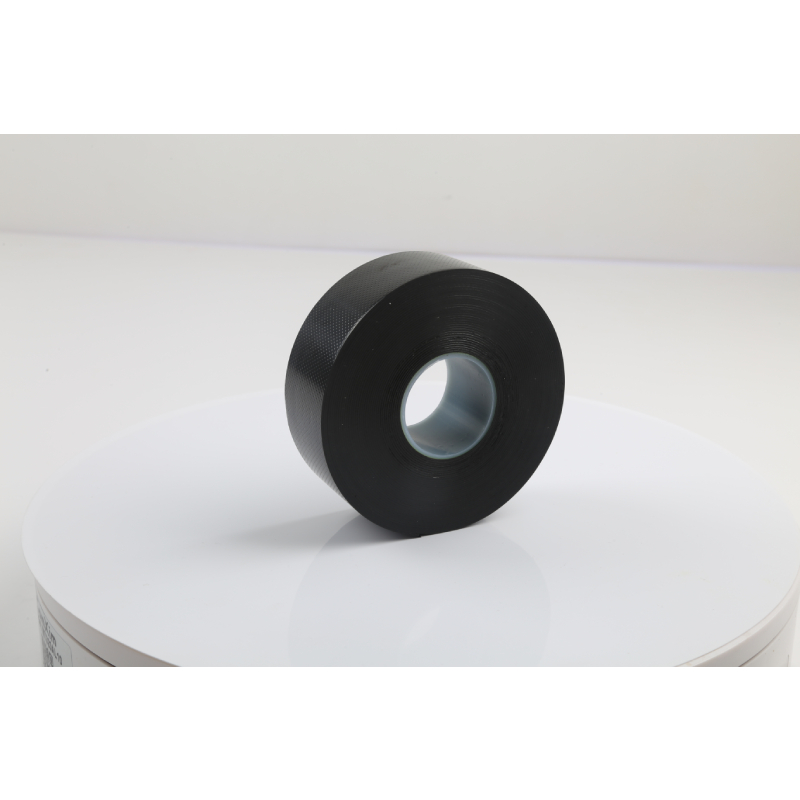Understanding PVC Insulation Tape Features and Uses
PVC insulation tape is an essential tool in both industrial and household settings, known for its versatility, durability, and effectiveness in electrical insulation, sealing, and marking. This type of tape is made from polyvinyl chloride (PVC), a common plastic material that provides excellent insulating properties.
One of the primary features of PVC insulation tape is its high resistance to moisture, chemicals, and UV light. This makes it an ideal choice for electrical applications, particularly in environments where wires and connections are exposed to varying weather conditions. The tape’s ability to withstand temperature fluctuations further adds to its reliability, ensuring stable performance in both hot and cold environments.
Understanding PVC Insulation Tape Features and Uses
In addition to its insulation capabilities, PVC tape is also utilized for color coding. Electricians and technicians often apply different colored tapes to wires and cables to easily identify circuits. This practice enhances efficiency during installation, maintenance, and repairs. The wide range of colors available in PVC insulation tape allows for easy differentiation, simplifying the troubleshooting process.
insulation tape pvc

Another noteworthy aspect of PVC insulation tape is its ease of use. It can be torn by hand, making it convenient for quick applications. Whether it’s sealing a package, repairing a hose, or insulating electrical joints, PVC tape is easy to manipulate, saving time and effort. Furthermore, it offers a strong adhesive bond that adheres well to various surfaces, including plastics, metals, and rubber.
The durability of PVC insulation tape cannot be understated. Many varieties are designed to be weather-resistant and can endure exposure to harsh conditions without losing their integrity. This makes them suitable for outdoor applications such as protecting electrical connections in gardens, construction sites, and other challenging environments.
Installing PVC insulation tape involves just a few steps clean the surface of the wire or item to be taped, apply the tape securely, and ensure that it overlaps as needed for maximum coverage. For electrical work, it’s essential to wrap the tape tightly to prevent any gaps where moisture or contaminants could enter.
In conclusion, PVC insulation tape is a valuable asset for anyone working with electrical systems or looking for a reliable solution for sealing and marking. Its combination of insulating properties, versatility, and ease of use makes it a staple in both professional and DIY settings. Whether you are an electrician tackling a complex wiring job or a homeowner in need of a quick fix, PVC insulation tape serves as a reliable and efficient tool to meet your needs.
-
XIANGFAN Rubber Tape-Ultimate Solutions for All Your Insulation NeedsNewsJun.24,2025
-
XIANGFAN Rubber Tape-Protection for Industrial and Residential ApplicationsNewsJun.24,2025
-
XIANGFAN Rubber Tape: Superior Safety and Sealing for Demanding EnvironmentsNewsJun.24,2025
-
XIANGFAN Rubber Tape: Reliable Solutions for Every Electrical ChallengeNewsJun.24,2025
-
XIANGFAN Electrical & Industrial Tape: Powering Reliability Across IndustriesNewsJun.24,2025
-
XIANGFAN Electrical & Industrial Tape: Excellence in Every ApplicationNewsJun.24,2025
